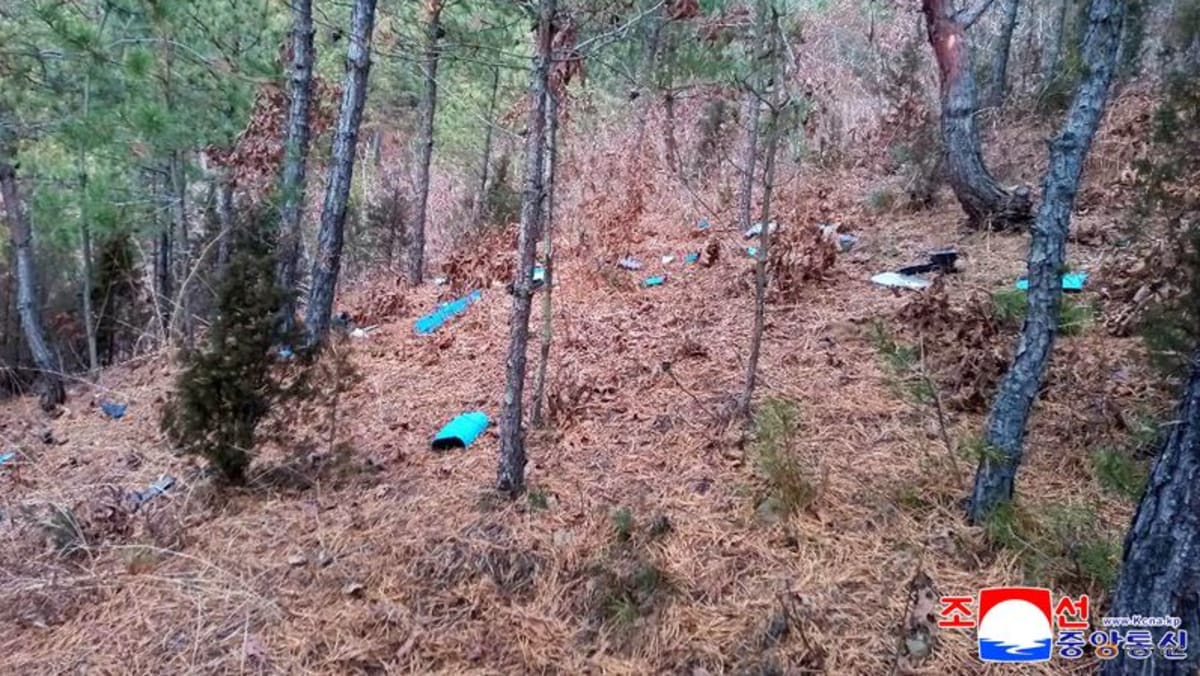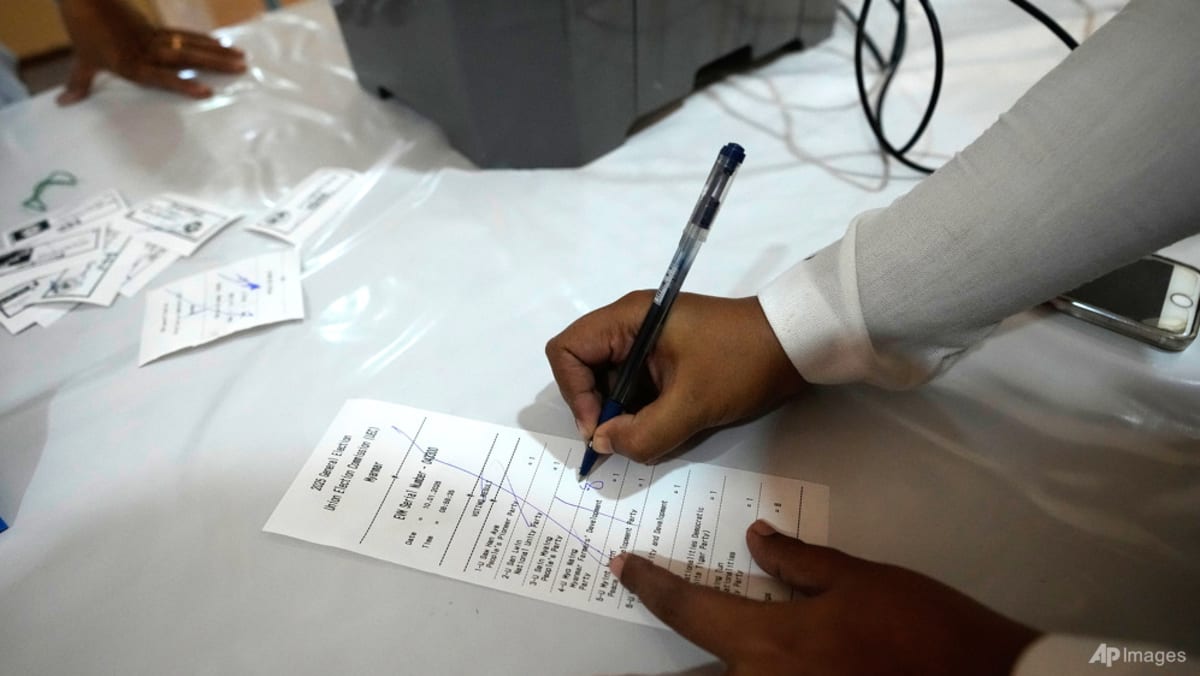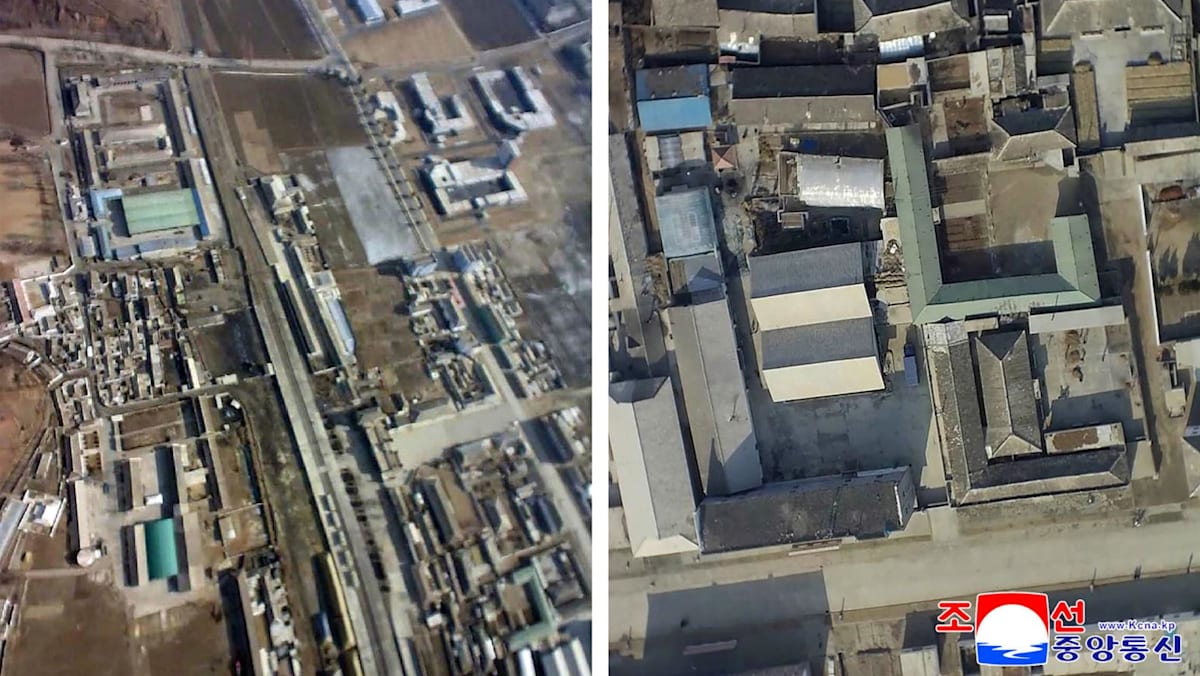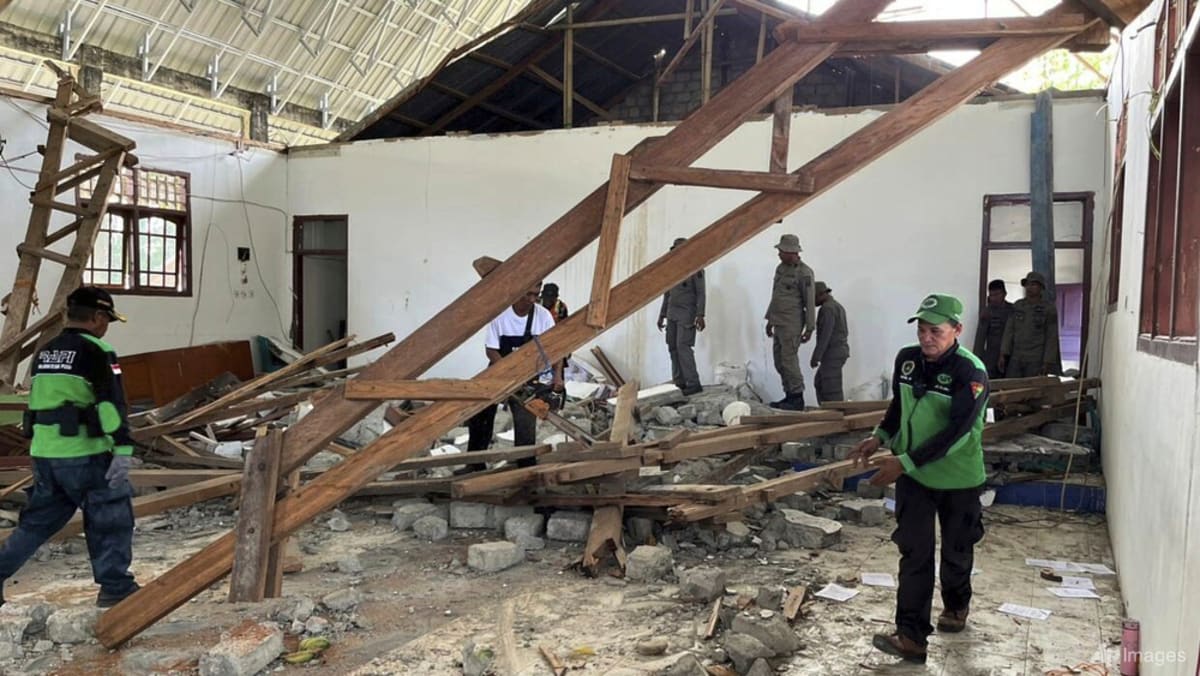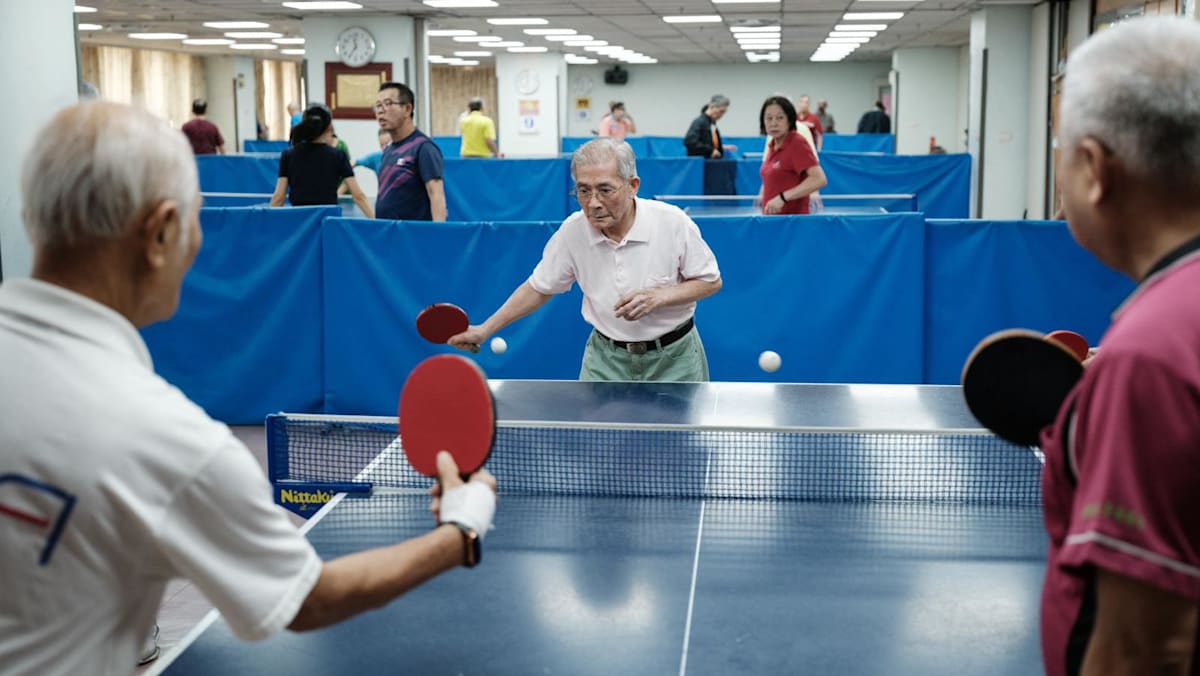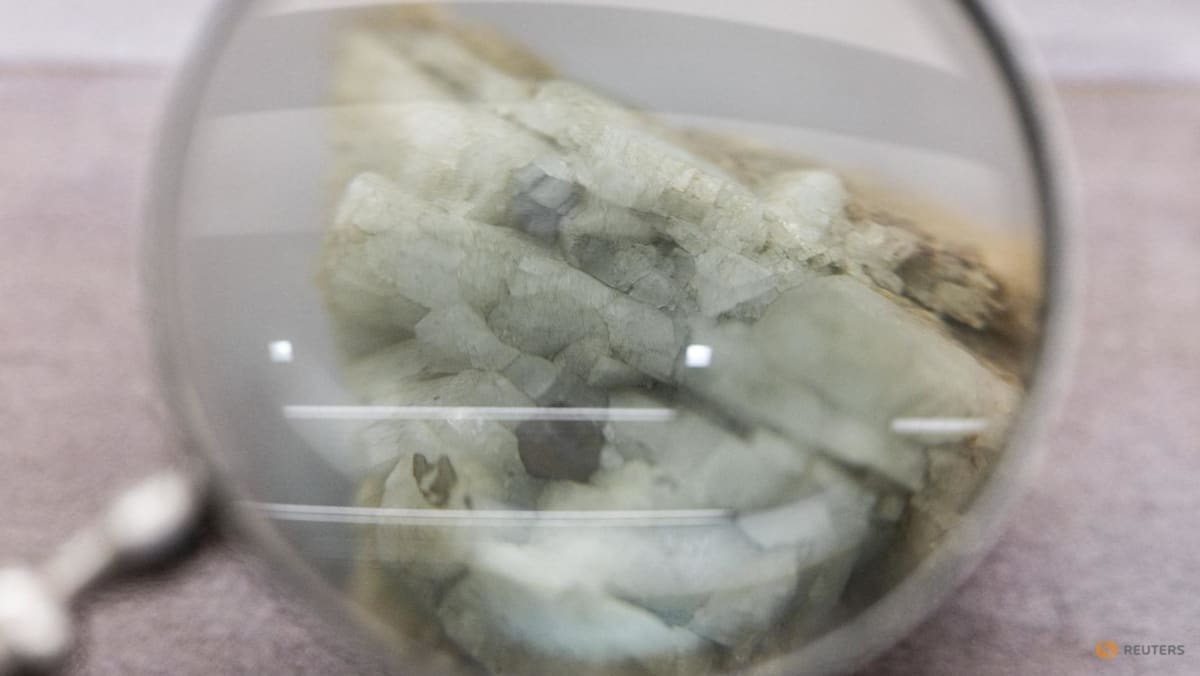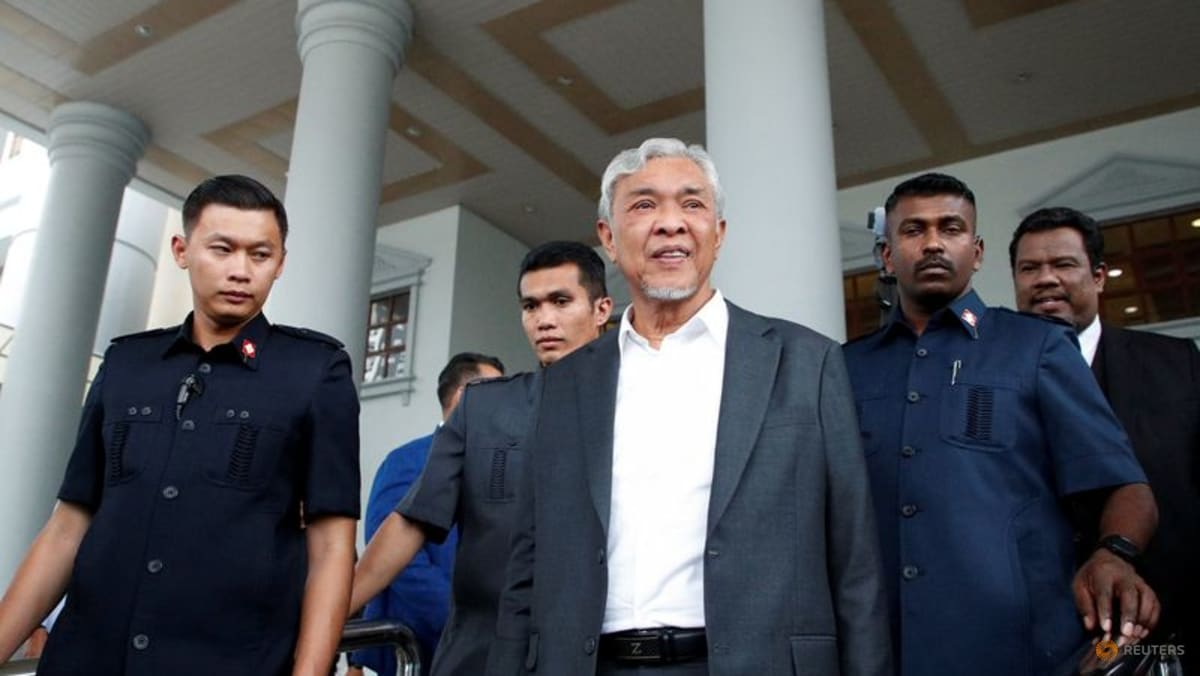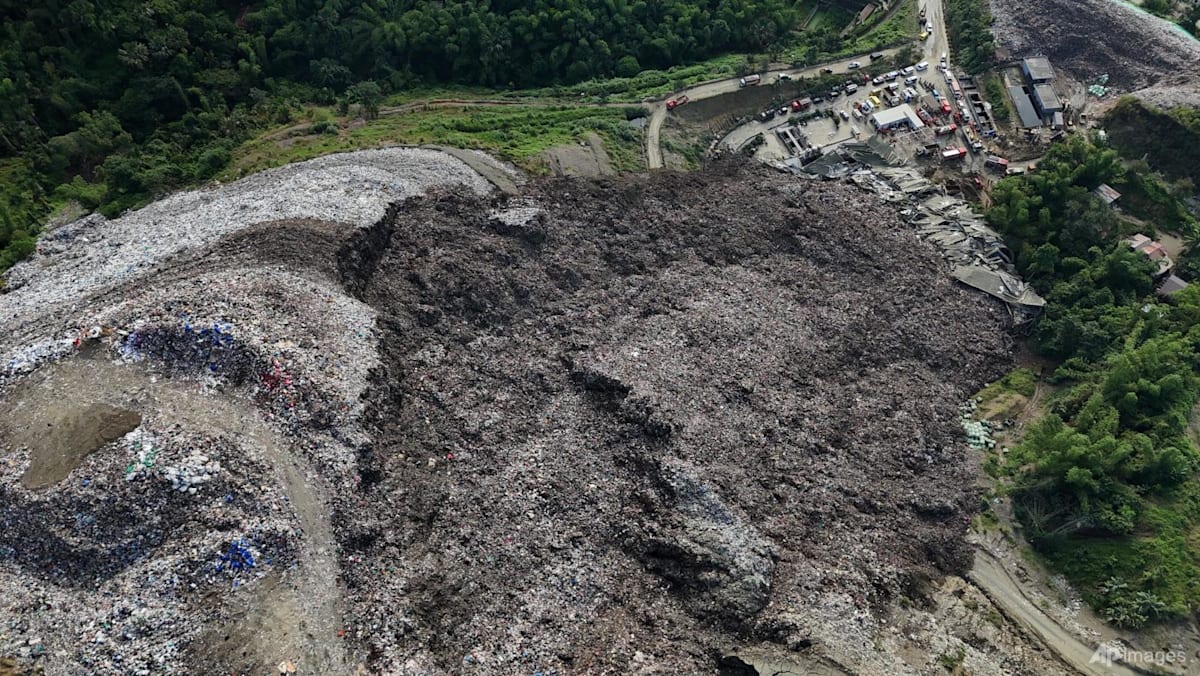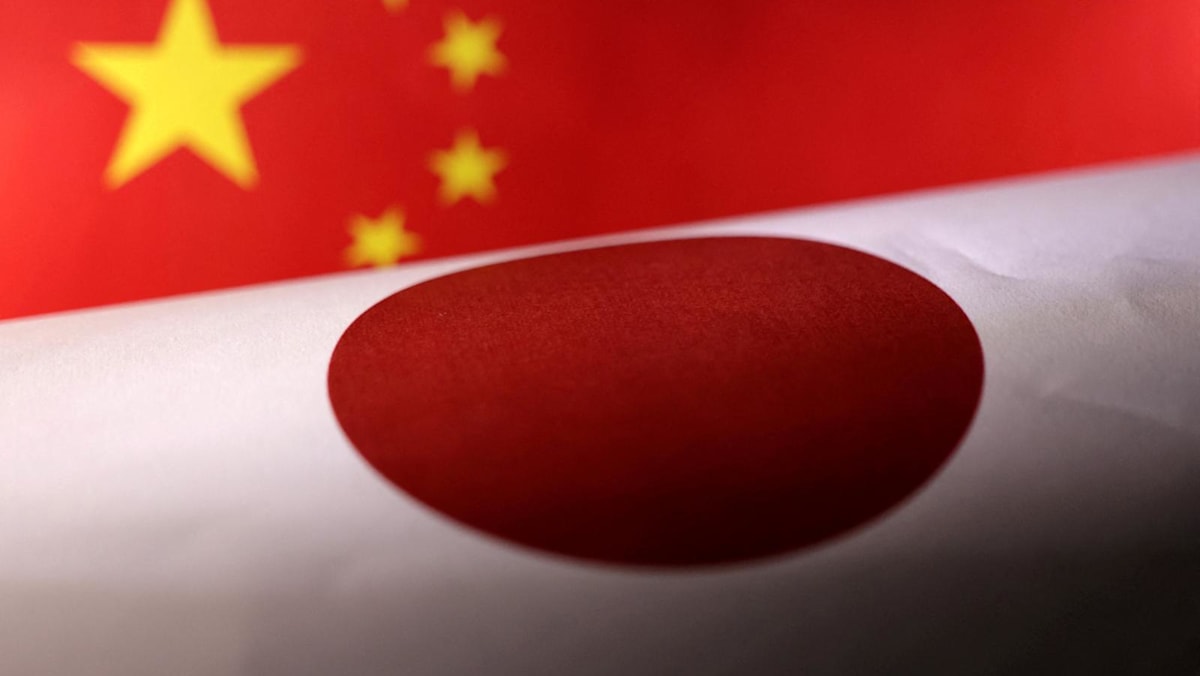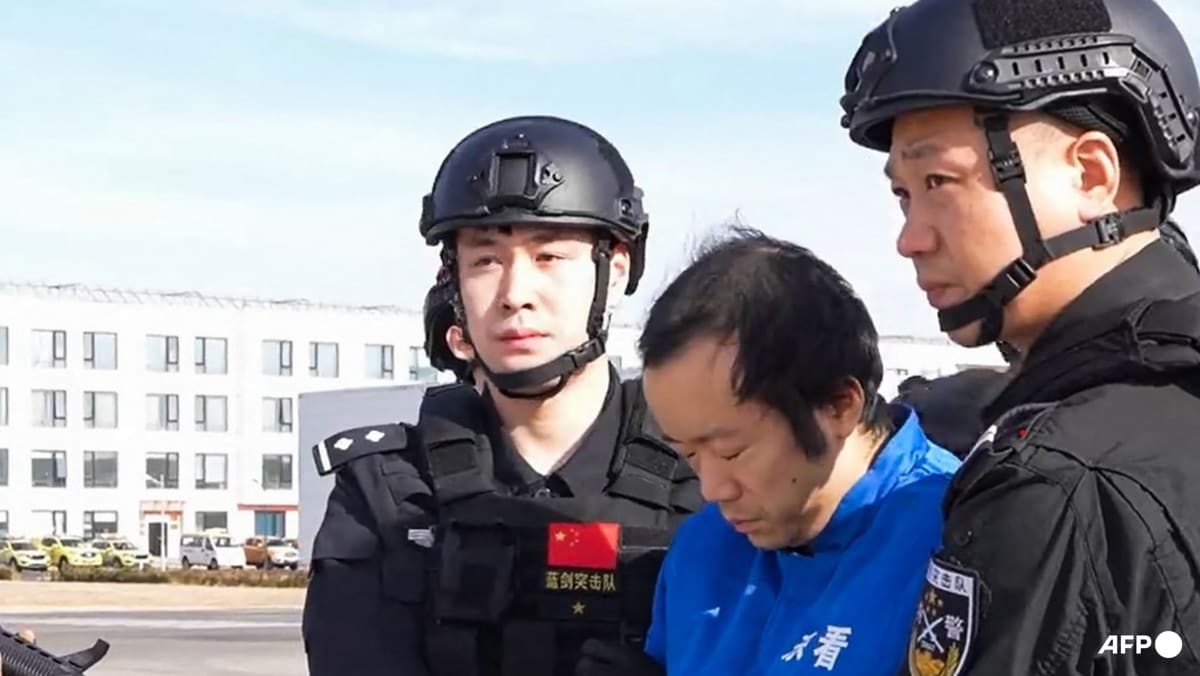‘In a sauna’: Hong Kong’s labourers swelter as temperatures rise
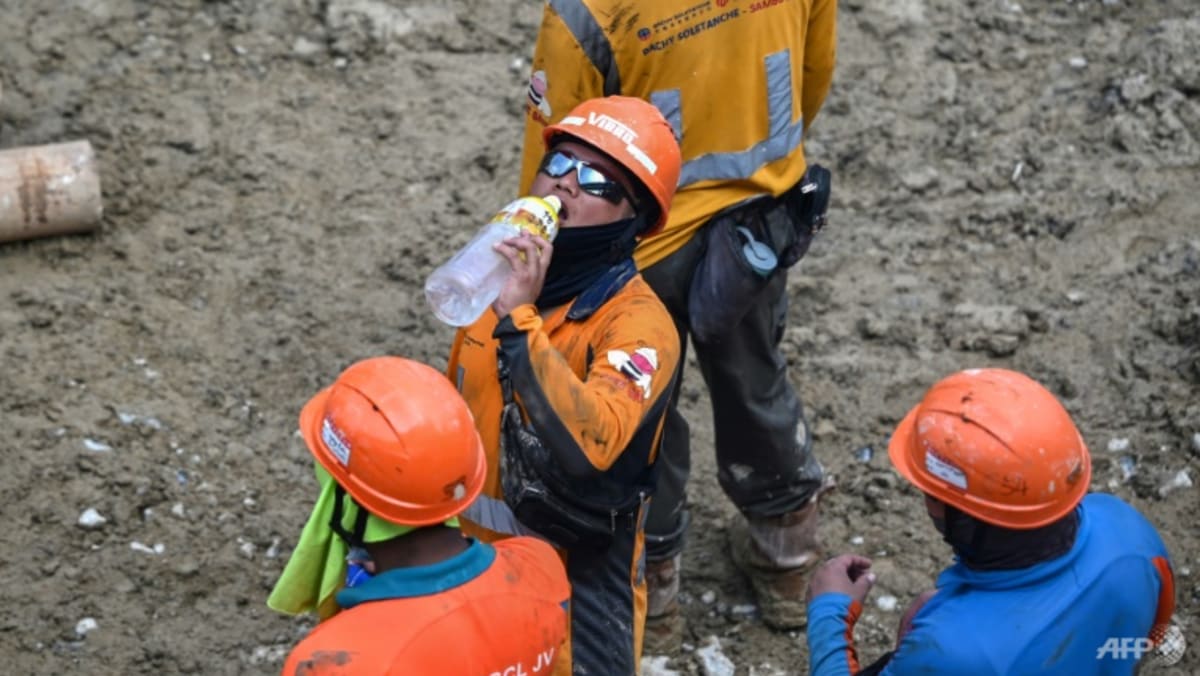
“In terms of how climate change affects Hong Kongers, outdoor workers are at the frontlines,” he told AFP.
Emily Chan, a public health specialist at the Chinese University of Hong Kong, welcomed the guidelines but agreed more was needed.
She pointed to mainland Chinese cities, including neighbouring tech hub Shenzhen, which mandate work stoppages and subsidies once temperature thresholds are reached.
“(Hong Kong) has been relatively slow in setting up protections,” Chan said.
Labour minister Chris Sun said this month that his department had “stepped up inspections” and would issue warnings to employers when needed.
Despite the new system having no legal bite, the government can still sue employers “who just turn a blind eye”, he said in May.
Wah, who clocks six-day weeks for $8 an hour, said there is little he can do to avoid heat exhaustion besides operating his machinery in short bursts.
“If you do this for more than half an hour, the human body cannot withstand the temperature,” he said.
“NO RECOURSE”
In each of the past four years, the city has logged fewer than two dozen cases of heatstroke-related work injuries and no deaths, according to labour officials, but activists dispute those statistics.
“The reality is (heatstroke) is not reported,” said Fay Siu, who runs the Association for the Rights of Industrial Accident Victims.
Either the workers do not know they can report it or “the company may not recognise it”, she told AFP.
She pointed to a 2018 case when a 39-year-old died after fainting at a construction site. An investigation found rhabdomyolysis – a potentially life-threatening type of muscle breakdown – “caused by high temperatures and signs of heatstroke”.
“But the insurance company and his employer … pinned it on his personal medical conditions so it would not be categorised as a work injury,” Siu said.
Her group has identified at least four cases of outdoor workers dying on days of extreme heat in the past year.
Siu said labour officials should do more to investigate or family members would be left with “no recourse”.
In response, the Labour Department said there was no information indicating that workers were unable to report heatstroke-related work injuries, but agreed that cases with “mild symptoms” may go unreported.
“The number of registered cases may be lower than the actual number of symptomatic cases,” the department told AFP in a statement.
“Based on the experience of the (department) in processing work injuries suspected to be relating to heat stroke, employers generally do not dispute their liabilities and would make compensation,” they added.
For some, the government’s new heat-stress warning system appears to have had limited impact.
Wah and his colleagues say they have seen few changes to their routine – especially since they risk having their pay docked if they are caught taking lengthy breaks.
Chuen, 70, said they usually continue working after a five-minute water break.
“That’s how it goes,” he said, sweating in the shade.
Source: CNA


